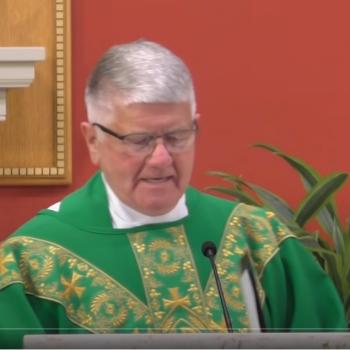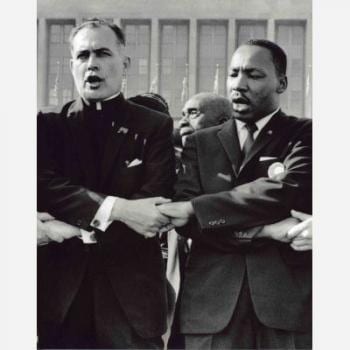 Dispossessed of jobs and their dignity for a generation now or more, the Trump voters are glowing as they await what they were promised: nothing less than the reversal of a great tidal wave of economic history, the one popularly referred to as globalization or offshoring or free trade.
Dispossessed of jobs and their dignity for a generation now or more, the Trump voters are glowing as they await what they were promised: nothing less than the reversal of a great tidal wave of economic history, the one popularly referred to as globalization or offshoring or free trade.
As their unlikely tribune of the plebs, they have elevated a man with businesses in 18 countries, including Trump-branded hotels in India (2), Istanbul, Uruguay, the Phillippines, South Korea, Panama, Rio de Janeiro, Toronto and Azerbaijan, and a few more.
Donald J. Boudreaux, a professor of economics at George Mason University, was quoted last year in Forbes flatly saying that Trump is either inexcusably hypocritical or inexcusably ignorant: “There is zero economic difference between, say, a U.S. car company’s investments abroad in factories and Mr. Trump’s own investments abroad in hotels: both are meant to improve the bottom line of companies headquartered in the U.S. by taking advantage of profitable economic opportunities outside of the U.S.”
Of the 29 countries whose leaders Trump has disclosed speaking to since the election, he has real estate-related business deals in eight, including Azerbaijan and Turkey, and he has sought deals in the past in several others. Altogether, he owns stakes in more than 500 companies worldwide.
The potential for self-dealing here has already reached the point that the Wall Street Journal has just called for Trump to liquidate his holdings, set up a blind trust and cut off communication with his children on business matters. The President-Elect, however, appears ready to take advantage of the lack of precedent in his situation—in a truly unprecedented fashion.
The notion of Trump using the presidential campaign as a pre-launch strategy for a new Trump News cable channel struck many as plausible. It may explain why he and his supporters seemed almost as surprised by his victory as the rest of us. As one Internet joker suggested, Trump was like The Producers’ Max Bialystock originally hoping that his new hit musical, “Springtime for Hitler”, would be a certain flop. (“We got the wrong play, the wrong director, the wrong cast. Where did we go right?”)
Instead, the Trump victory is bringing many strange things in its wake, including a platform for what will surely be seen as the greatest instance of financial self-aggrandizement in world history. The President-Elect will soon achieve something beyond the wildest ravings of any Chicago school free market economist: the privatization of the very office of the presidency itself.
After all, neoliberalism views competition—including the “art of the deal”—as the defining characteristic of human relations. As George Monbiot pointed out in the Guardian, “it redefines citizens as consumers whose democratic choices are exercised by buying and selling.” Trump has simply focused on one set of citizens—the voters—in order to see them as customers.
Trump is correct to say in his case there will be no conflict of interest: with a Republic Congress all in line, no conflicts would even arise for discussion. If the rumors of Trump’s indebtedness to Russian banks are accurate, how can any meetings with Putin—even if the latter is not, pace Mitt Romney, our chief adversary on the world stage today—rise much above the sheerest self-interest? (The $5.4 million from renting of the Lincoln bedroom during certain years of the Clinton administration, for example, will soon look like a lemonade stand by comparison.)
For those who espouse the cause of neoliberalism—and despite his anti-globalist rhetoric, Trump’s career is a case study in its deployment—the winning of the White House is nothing less than historic, amounting to a kind of enclosure of hitherto unavailable intellectual property and “brand”. A Trump presidency marks a kind of Everest peak of Randian ambition and an extraordinary blow to our earnest, patriotic notions of what public life even means. Especially to all those earnest apparatchiks working at the various temples of this faith—the Heritage Foundation, AEI, the Cato Institute, and others—many of whom must be wincing as they recall how ideas—including the worst ones–do indeed have consequences.
The times are sending some of us back to late Roman history, whether for parallels or perhaps just consolation. Which demagogue of that declining empire does Trump resemble, goes one recent Internet quiz? Publius Clodius Pulcher is one popular pick but I think Caligula, with his love of spectacle and joy in humiliating opponents, deserves a close look.












